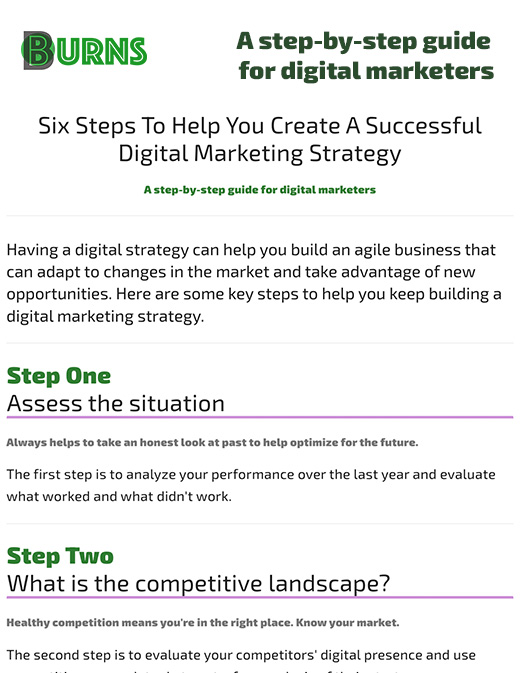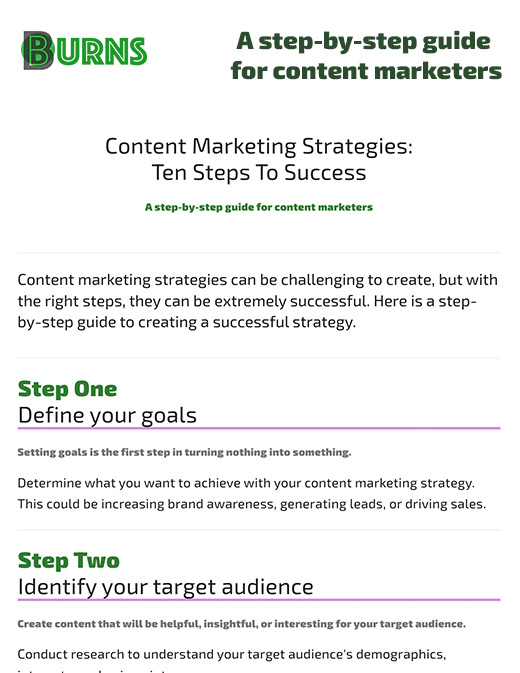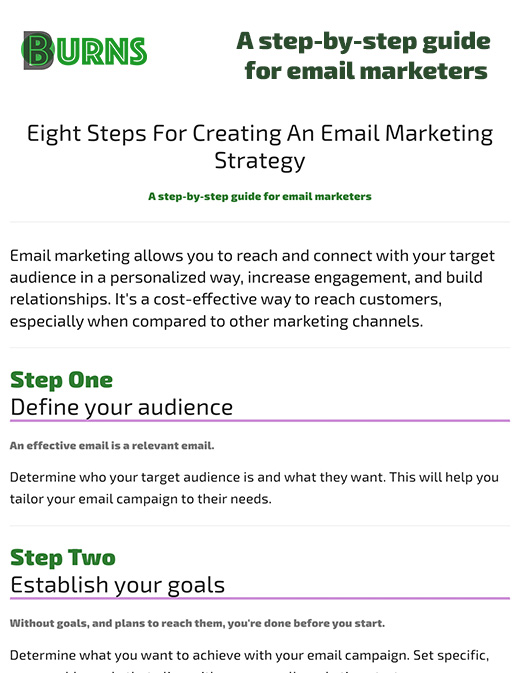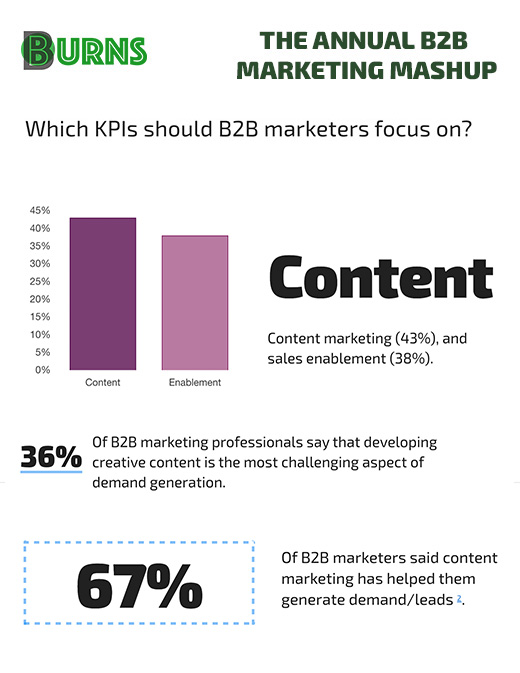Why is the digital experience so important?
Josh BurnsDate: October 22, 2022 | Time: 2 min to read
Digital experiences are the most important interaction users have with your brand
Digital experience is the interaction between a user and an organization. This is made possible because of various digital technologies. Websites, apps, social media, and smart devices all provide a digital experience to the customer/partner/employee that is interacting and carrying a conversation with an organization.
Think of the digital experience as the foundation of the overall customer experience and the user experience. Understanding the digital experience allows us to be more proactive when it comes to creating personalized experiences and to be able to engage prospective customers, satisfy existing users, and optimize internal/employee experiences.
Digital experiences that are poorly designed often result in lost business. At the end of the day, a customer interaction strategy is key to developing a culture of excellence. The experience you gain when you work directly with customers is the key to developing a sustainable business.
Some ideas on where to start improving the digital experience
Content operations is the foundation, process, and technology that makes it possible to produce, deploy, and maintain content across channels. Well-defined content operation integrates with marketing automation and takes into account authoring environments, asset management, project management, scheduling, publishing tools, analytics, reporting and so much more.
A digital twin is a virtual clone of a system that covers its entire lifecycle. A twin is updated from real-time data, and uses simulation, machine learning and reasoning to help decision-making. You can develop digital twins that replicate environments, providing insights into every touchpoint. These digital replicas give you the potential to simulate, analyze, and optimize customer journeys creating a more connected and more personal digital experience.
A customer data platform is software that collects and unifies customer data from multiple sources to build a single, coherent, and complete view of each customer that is accessible to other systems. Customer data platforms allow you to better understand users, assist marketing strategies, marketing automation and in developing personalized customer journeys.
Artificial intelligence is unleashing a new approach for customer experience and digital experience strategy, design and development. Artificial intelligence systems can see, talk, hear, and learn from their interactions teams are entering a new era: creating AI-powered digital customer experiences that feel like natural human engagement.
A final thought
If customer information remains locked in silos that are not able to connect to modern platforms, measuring the information life cycle is not feasible. A true digital customer experience strategy needs an integrated technical stack that makes sure the information life cycle is consistently accessible everywhere.
Some great resources for content strategy:
- AWS - What Is Digital Twin Technology?
- Acrolinx - AI powered marketing software improves the quality of content, so it meets brand parameters.
- Twilio Segment - What is a Customer Data Platform?
Resources



